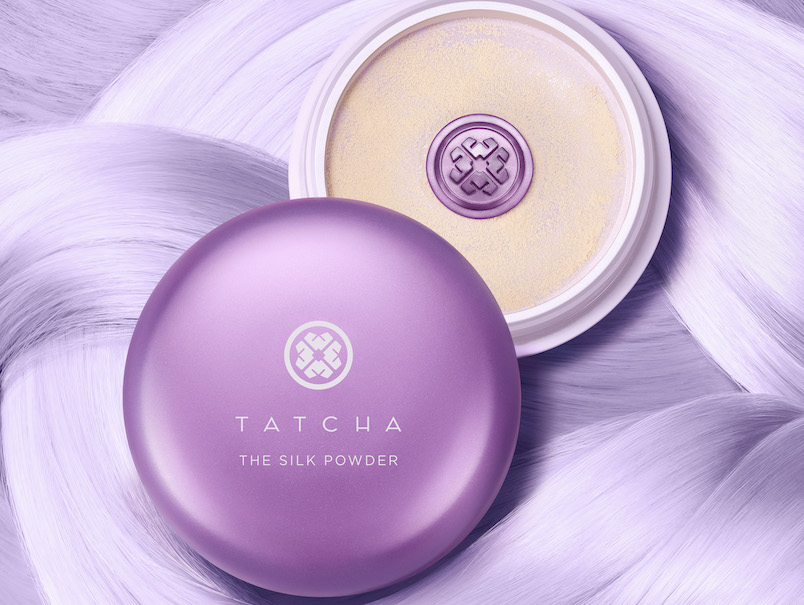Unilever’s CEO Alan Jope will retire from the British consumer goods company at the end of 2023, after five years in the role.
It will mark the end of a 35-year career with Unilever, after Jope originally joined the company in 1985 as a sales and marketing trainee.
He went on to serve as President of Beauty and Wellbeing and Personal Care Division, and has also held leadership roles in North America for 14 years and Asia for 13 years.
Unilever’s board has already begun searching for Jope’s successor and said it will consider both internal and external candidates.
“As I approach my fifth year as CEO, and after more than 35 years in Unilever, I believe now is the right time for the board to begin the formal search for my successor,” said Jope.
“Growth remains our top priority, and in the quarters ahead I will remain fully focused on disciplined execution of our strategy, and leveraging the full benefits of our new organisation.”
Jope also serves as Chair of the board of UNICEF’s Generation Unlimited and Vice Co-Chair of the Consumer Goods Forum.
“Alan’s retirement next year will mark the end of a remarkable career with Unilever,” added Unilever Chairman Nils Andersen.
“Under his leadership, Unilever has made critical changes to its strategy, structure and organisation that position it strongly for success.
“This work continues, and we will thank Alan wholeheartedly for his leadership and contribution to our business when he leaves next year.”
Tough decisions

Unilever has seen a year of tough decisions, which started in January when it announced it would be slashing its workforce numbers by 20% as part of a fresh corporate overhaul.
Around 15% of senior management jobs were axed, as well as 5% of its junior management teams, resulting in the loss of 1,500 jobs globally.
In the second quarter of 2022, Unilever also increased the price of products by 11.2%, in a bid to mitigate growing cost of materials caused by the Covid-19 pandemic.
The company, which relies on commodities such as palm oil and kerosene, said net material inflation for the year will remain high at around €4.6bn.
This “strong pricing” on its products meant overall sales volumes were impacted, with underlying sales growth rising by 8.1% to €29.6bn for the company’s half year results.
The owner of Tatcha and Dermalogica has, as a result of the price hike, updated its full year guidance to be above the previously predicted range of 4.5% to 6.5%.
The company is also making further investments into its advertising to remain present in the eyes of loyal consumers.
“Unilever has delivered a first-half performance which builds on our momentum of 2021, despite the challenges of high inflation and slower global growth,” said Jope at the time.
“Underlying sales growth of 8.1% was driven by strong pricing to mitigate input cost inflation, which, as expected, had some impact on volume.”
